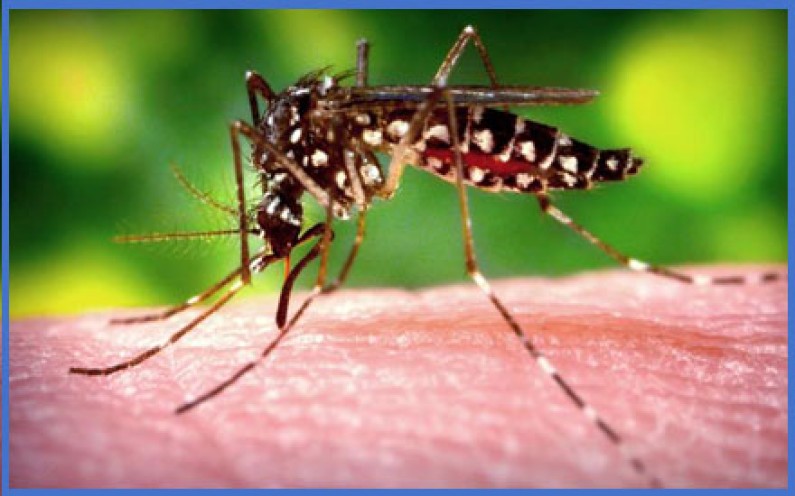
ATLANTA (CMC) – The United States Centers for Disease Control and Prevention (CDC) has warned that the chikungunya outbreak in Caribbean and Central and South American countries continues to spread with no sign of slowing down.
According to the CDC “the painful mosquito-borne disease will likely continue to infect travellers to the region during the rest of this year and beyond”.
The outbreak, which began last December, has caused an estimated 795,000 chikungunya cases in 37 countries and territories in the Western Hemisphere as of the end of October, CDC said in its latest update.
It said more than 1,600 travellers returning to the United States with chikungunya have been reported as of November 4.
Before this outbreak, CDC said an average of 28 travellers with chikungunya returned to the United States each year.
CDC estimates that about 9 million people travel between the United States and Caribbean each year.
“During fall and winter, people in the United States might not be thinking about mosquitoes as a risk for diseases. So those who will be visiting the Caribbean or Central or South America should be aware of the risk of chikungunya in these areas this fall and winter and remember their insect repellent and other tips for staying safe,” it said in a statement.
Dr Roger S. Nasci, chief of CDC’s Arboviral Diseases Branch, said the beginning of fall means that mosquito problems in the continental United States will be decreasing.
“However, travellers to areas where the chikungunya outbreak continues are at risk of becoming infected,” he cautioned. “It is important that travellers understand these risks and take appropriate actions to prevent being bitten by mosquitoes,”
The CDC said preventing mosquito bites is the best way to avoid chikungunya and other mosquito-borne illnesses, adding that the mosquitoes that spread chikungunya bite mostly during the daytime.
CDC has advised travellers in high-risk groups to discuss their travel plans with their health care provider before leaving.
Filed: 9th November, 2014.















You must be logged in to post a comment Login